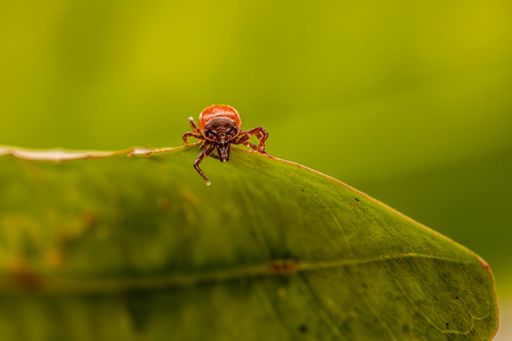Swimming pools are great spaces to exercise, play, have fun, and relax with the whole family. Even furry members of the family, like dogs, may enjoy taking a dip in the pool and splashing around with the kids. However, there are some potential pool-related risks and dangers for pets that owners need to be aware of. This guide will explain more.
Importance of Pool Safety for Pets
Pool safety is of the utmost importance for people, but it’s also important to keep pets safe around pools, too. Even though dogs are usually good swimmers, there are lots of risks for animals around pools, like accidental drowning, slips, falls, and exposure to harmful pool chemicals. Owners need to be responsible and take the necessary steps to keep pets safe.
Common Pool Chemicals Used and Their Purpose
A range of chemicals can be used to clean pools and provide optimal conditions for safe swimming, including:
- Sanitizers: Sanitizers include the likes of chlorine and bromine. They're used to kill bacteria and keep the pool water clear of microbes and algae.
- Balancers: Balancers are used in conjunction with sanitizers to clean the water, stop bacterial growth, and balance out the pH level of the water, so it's not too acidic or alkaline.
- Algaecides: Some pool owners may also add algaecides to their pool water to deal with particularly stubborn types of algae that can resist chlorine and standard sanitizers.
Hazards of Pool Chemicals to Pets
So, how can those chemicals affect pets? Is pool chlorine safe for dogs, or should owners be worried? Well, if they're used correctly and in appropriate amounts in the water, chemicals don't pose too much risk. Dogs can swim in chlorinated water for short periods of time with no worries, but they may swallow some of the water as they swim, which could lead to health issues.
The bigger risk comes if pets encounter chemicals outside the pool. For example, if dogs start sniffing around in the place where owners store their buckets of chlorine and pool sanitizers. Then, there can be a big risk of accidental ingestion of highly concentrated chemicals, which may lead to burning in the pet's mouth and throat, vomiting, comas, and even death.
Preventative Measures
Fortunately, there are measures that owners can take to keep their pets safe and their pools clean, including:
- Storing pool chemicals securely and out of reach of pets: Always store your pool chemicals somewhere secure and inaccessible to pets, like a locked shed. This should drastically reduce the risk of any accidents.
- Properly diluting and dispersing chemicals in the pool: Make sure to use chemicals properly in your pool, following the relevant instructions and dosages to avoid using too much or too little.
- Rinsing off pets after pool time: To prevent chlorine sticking to pets’ fur and being ingested when they lick themselves later on, give them a good rinse after spending time in the swimming pool.
Pet-Friendly Pool Cleaning Alternatives
There are alternative pool cleaning measures you can use to reduce the risk of danger to your pets. Opting for a saltwater pool, for example, is useful as you don’t need to use as much chlorine in those kinds of pools. Ozone is another useful pool cleaner to get rid of bacteria with minimal risk to animals, along with natural enzymes that keep the water clean and clear in a safe way.
Conclusion
Overall, there’s no harm in letting pets swim about in the pool, as long as they’re supervised and not allowed to stay in for too long. However, pool and pet owners do need to be extra careful when it comes to pool chemicals, taking great care to keep them in a secure space and using them correctly to prevent any injury or illness for their furry friends.


















